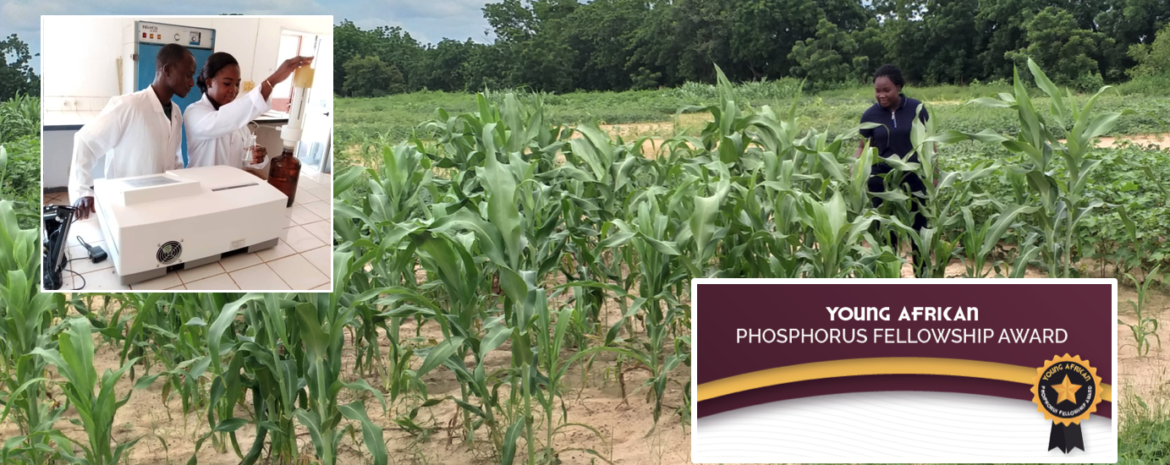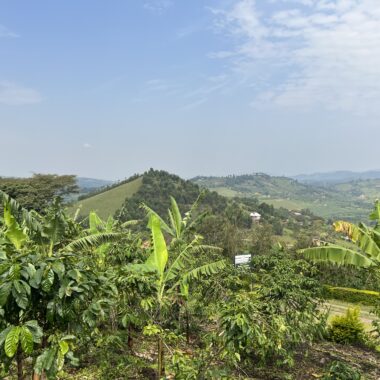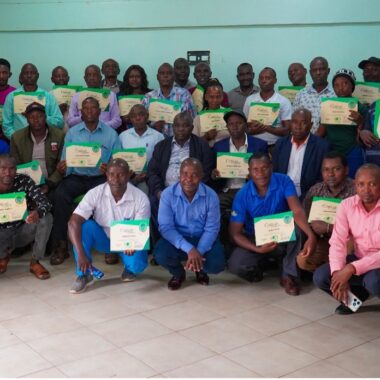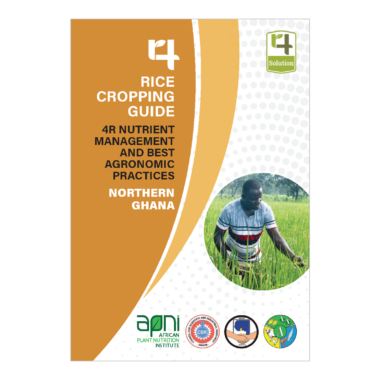Burkina Faso Research Examines the Role of Crop Management on Soil P Dynamics
Researchers in Burkina Faso are looking to long-term field research to answer a set of key questions related to soil phosphorus (P) sustainability for P-depleted soils in Sub-Saharan Africa.
Long-term research plots comparing different crop rotations and fertilization practices provide an ideal setting to look deeper into how crop rotation patterns and nutrient management can affect the dynamics and availability of soil P. A better understanding of these relationships offers researchers an opportunity to identify: 1) the dominant soil parameters controlling the dynamics of P transformation and availability; 2) recommended management practices able to lead towards increased P availability and less accumulation in unavailable or “fixed” soil P forms; and 3) increased P use efficiency and better outcomes related to the allocation of farm resources towards a scarce crop input such as P fertilizer.
Dr. Mariam Dohan Kiba-Soma, Soil Scientist at Institut de l’Environnement et de Recherches Agricoles in Burkina Faso is leading this study, which is taking place within the Saria long-term study site in the Nord Sudanese zone of west-central Burkina Faso. Since this site has been in place since 1960, it provides Dr. Kiba-Soma with over 60 years of legacy soil P to compare across a range of different crop rotations and fertilization strategies.
Dr. Kiba-Soma’s proposal for this work was awarded the Young African Phosphorus Fellowship Award in 2020, an ongoing initiative of APNI, OCP Group, and Mohammed VI Polytechnic University (UM6P). This award is designed to encourage and expand scientific programs that can improve our understanding of P management in African agro-ecosystems.
The long-term field trial of Saria is one of the long-term trials which is still running in West Africa. This trial has a unique design and offers a unique opportunity to study the effects of cropping systems involving various fertilizations strategies and crop rotations on soil P transformations. Since their establishment, the Saria plots have been comparing six fertilization management intensities that include a zero-input control, low mineral fertilizer input, low mineral fertilizer with sorghum crop residues recycled, low mineral and organic fertilizers, high mineral fertilizer, and high mineral and organic fertilizer (manure). The study also incorporates three crop rotation patterns being tested at the site including sorghum-sorghum, sorghum-cowpea, and sorghum-cotton.
“By monitoring how the integrated use of mineral and organic fertilizers affect the dynamic of soil phosphorus forms over 60 years under various crop rotations, we expect to capture the drivers of sustainable phosphorus management within a phosphorus-depleted soil typical of sub-Saharan Africa,” explains Dr. Kiba-Soma.
Dr. Kiba-Soma is looking to extend the results of the study to a diverse and wider audience through scientific conferences, peer-reviewed publications. The project is also supporting the training of graduate-level students.
“This will be the first time that such a study on P considering both crop rotation and nutrient management is being conducted on the Saria trial. The scientific knowledge that will come out of this study will contribute to better recommendations for P management in sub-Saharan Africa,” said Kiba-Soma.
Acknowledgement
The project is being conducted within the research team of the department of Gestion des Ressources Naturelles et Systèmes de Production, Institut de l’Environnement et de Recherches Agricoles, Burkina Faso.
Dr. Kiba-Soma would like to acknowledge the contributions of all her collaborators of the “Laboratoire Sol-Eau-Plante” of INERA Kamboinsé, and the “Laboratoire d’Etude et de Recherche sur la Fertilité du Sol” of Université Nazi Boni She would also like to thank APNI ,OCP and UM6P for the granting the Young African Phosphorus Fellowship award.





